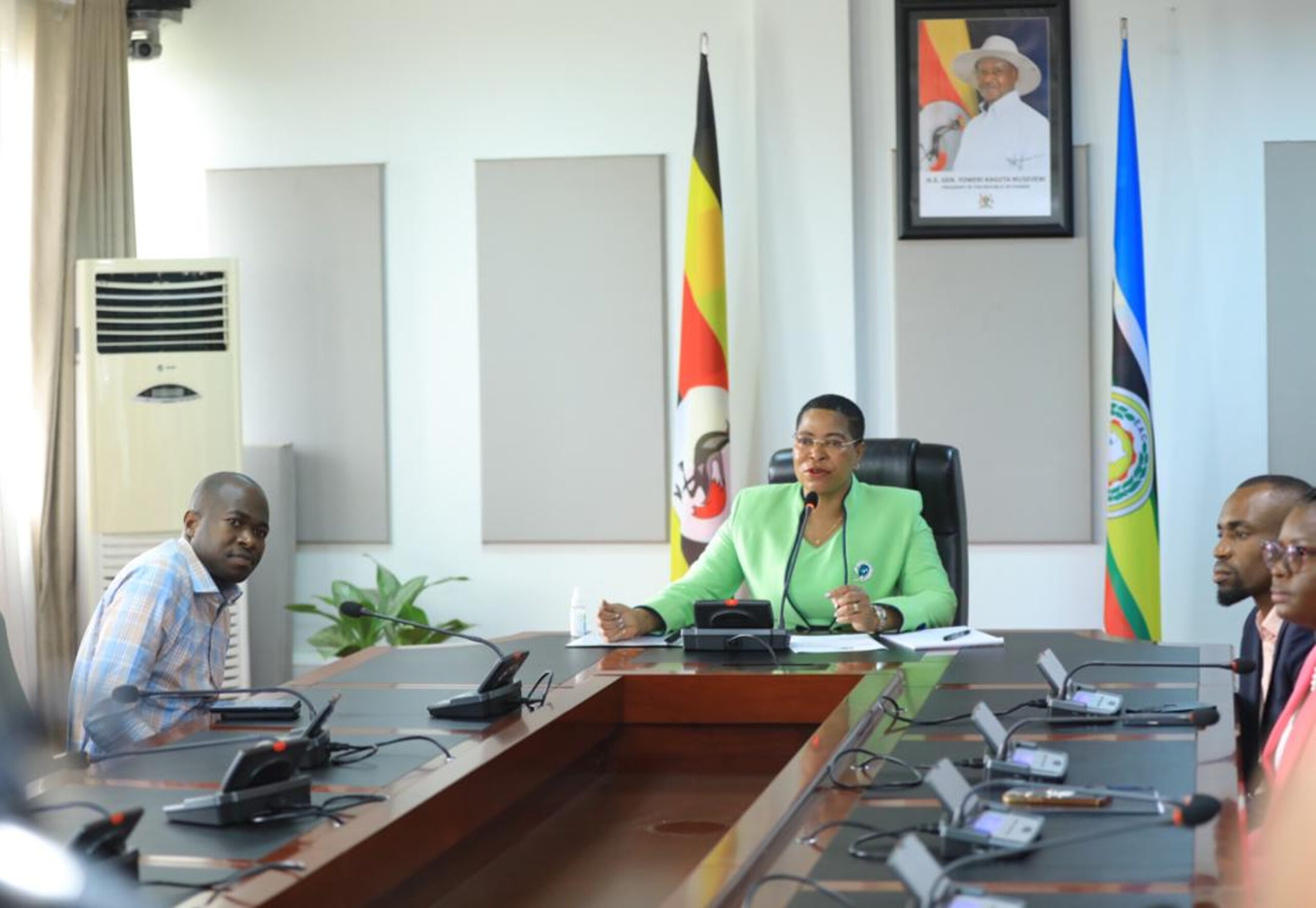In Kampala, Uganda, the government is taking steps to establish G6 Internet infrastructure, set to be implemented next year. However, there are concerns that this improved connectivity may not be utilized for economic development.
Nyombi Thembo, the Director of Universal Access Fund at the Uganda Communications Commission, addressed these concerns during TechnoServe’s Inaugural Entrepreneurship Stakeholder’s Forum. He mentioned that while connectivity challenges in Uganda will soon be resolved, obstacles such as illiteracy and high gadget costs will persist.
Thembo highlighted that many Ugandans primarily use their advanced smartphones for social media chats rather than innovation or job-seeking, despite their demands for better network technology.
TechnoServe, a US-based NGO working to alleviate poverty in developing countries, organized the forum to foster collaboration and address challenges in the entrepreneurial sector. Thembo announced that the government, with assistance from the World Bank, is constructing over 200 internet sites globally and establishing resource centers within the country to support SMEs.
Thembo also stressed that politicians may need to incorporate internet connectivity in their manifestos or face repercussions.
Micro, small, and medium enterprises (SMEs) in Uganda and other developing nations face difficulties in keeping up with global innovation due to limited resources, particularly in terms of finances and skilled manpower. Additionally, SMEs, especially those in less attractive sectors like agriculture, struggle to access funds for their operations.
Alice Warweru, the Director for Entrepreneurship Programs for East Africa at TechnoServe, mentioned their efforts to empower rural enterprises, especially in farming, to harness the digital transformation. However, she noted that individualistic tendencies among farmers and entrepreneurs hinder progress.
TechnoServe’s main challenge is the short lifespan of enterprises formed by innovators and entrepreneurs. Therefore, they aim to equip these individuals with skills for sustainable venture management.
Julius Byaruhanga, Director of Policy and Business Development at the Private Sector Foundation Uganda, attributed SME development issues in Uganda to the absence of a Startup Policy. He mentioned their collaboration with the Trade Ministry to develop one.
TechnoServe has actively collaborated with entrepreneurs, Ugandan farmers, cooperatives, suppliers, and processors, focusing on various industries such as dairy, coffee, horticulture, maize, and beans, to bolster competitive sectors. Juliet Kyokunda, Country Director of TechnoServe Uganda, emphasized the crucial role of Small- and Medium-sized Enterprises (SMEs) in the country’s economy.
She cited the volatile vanilla prices in the global market as an example of challenges faced by small farmers and the need for alternative solutions to support them.




















